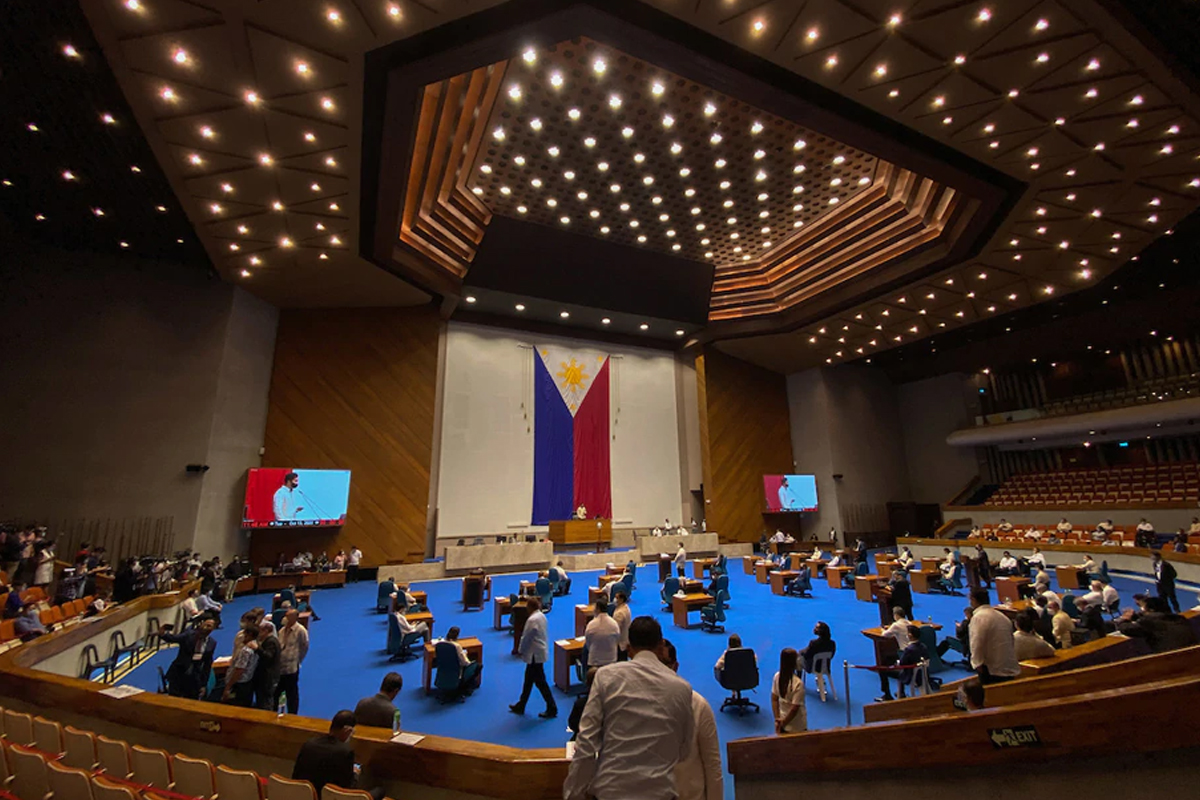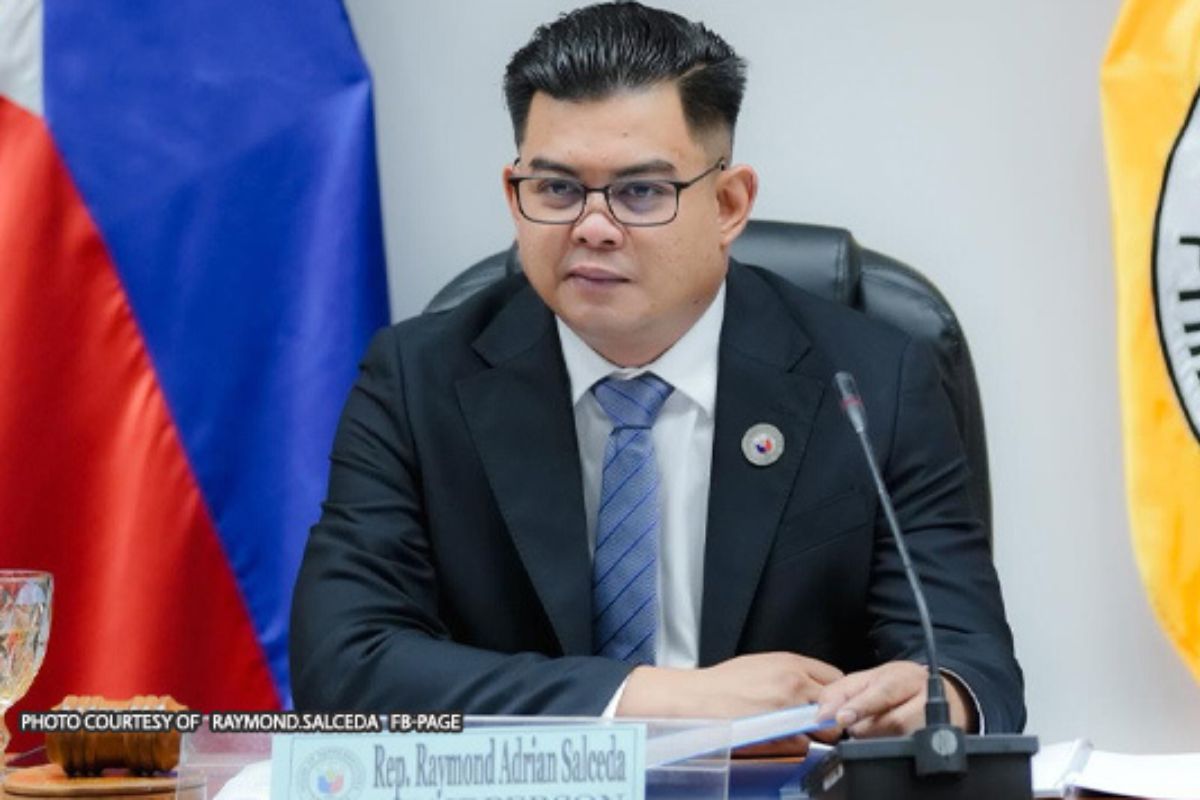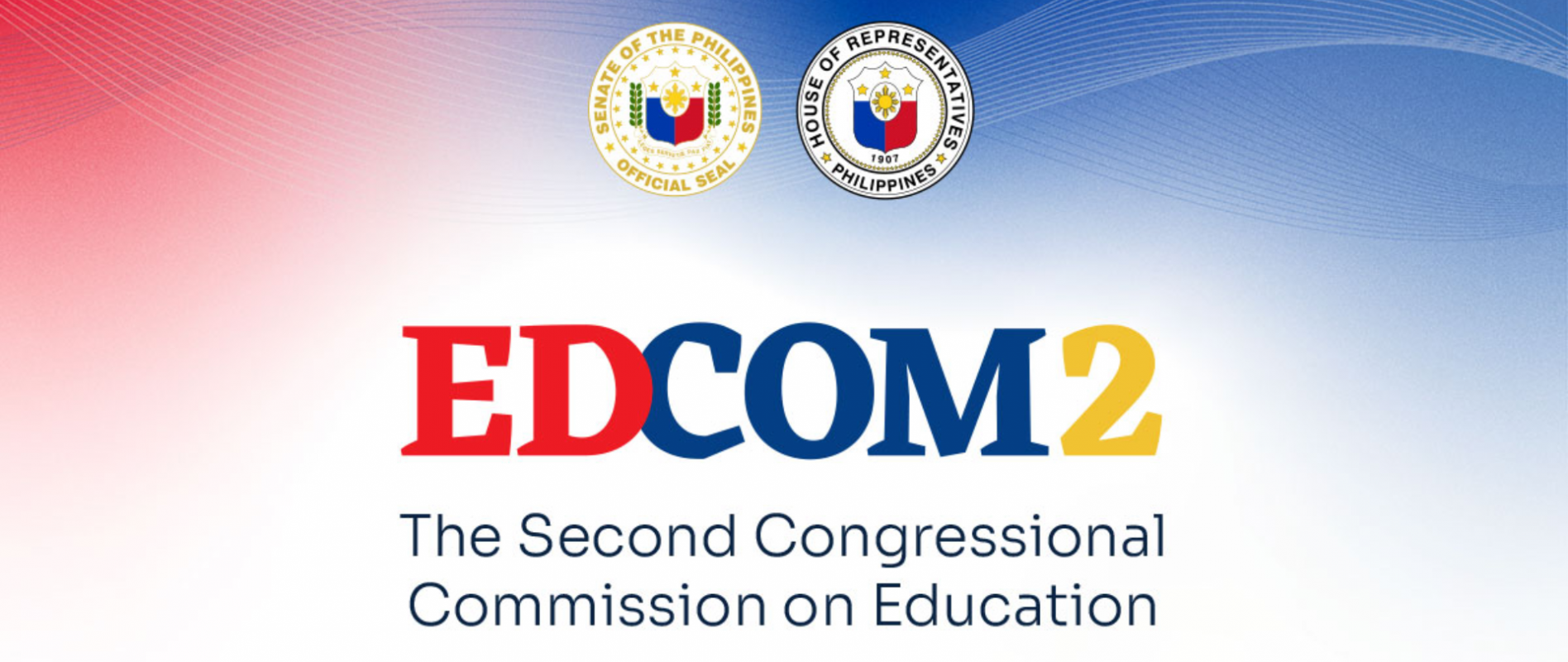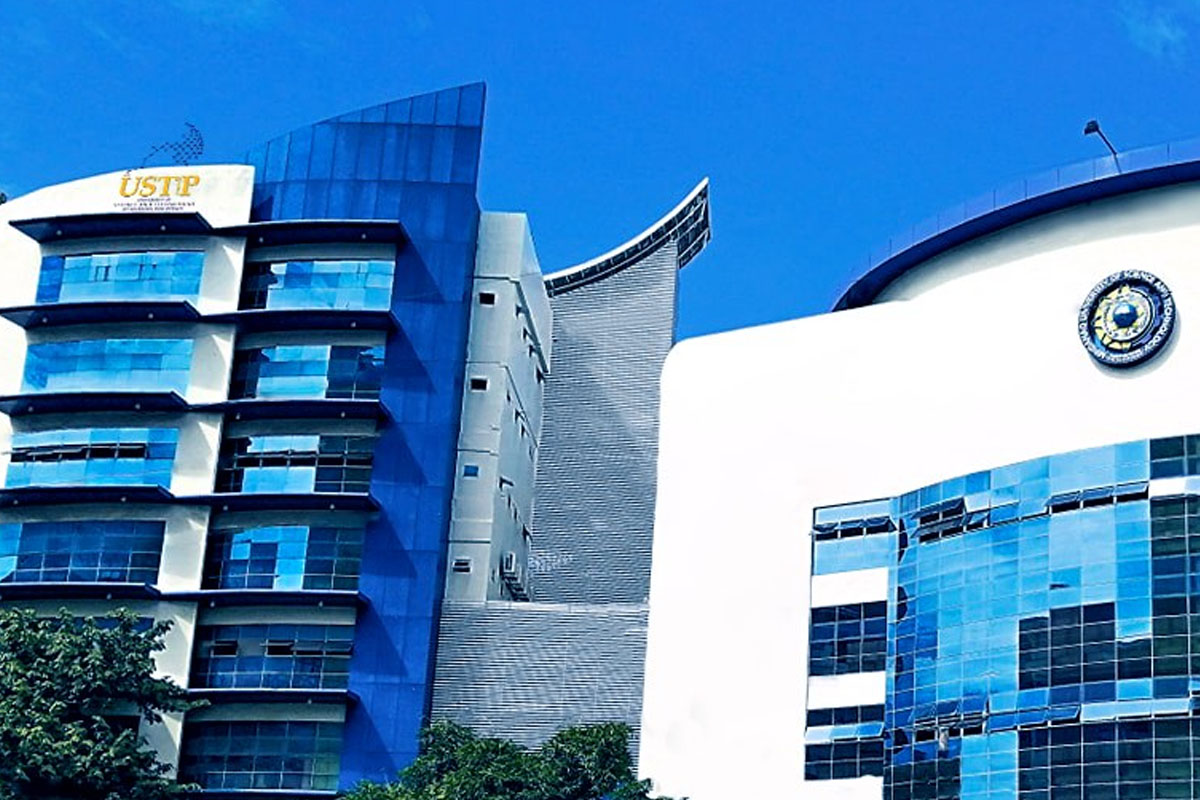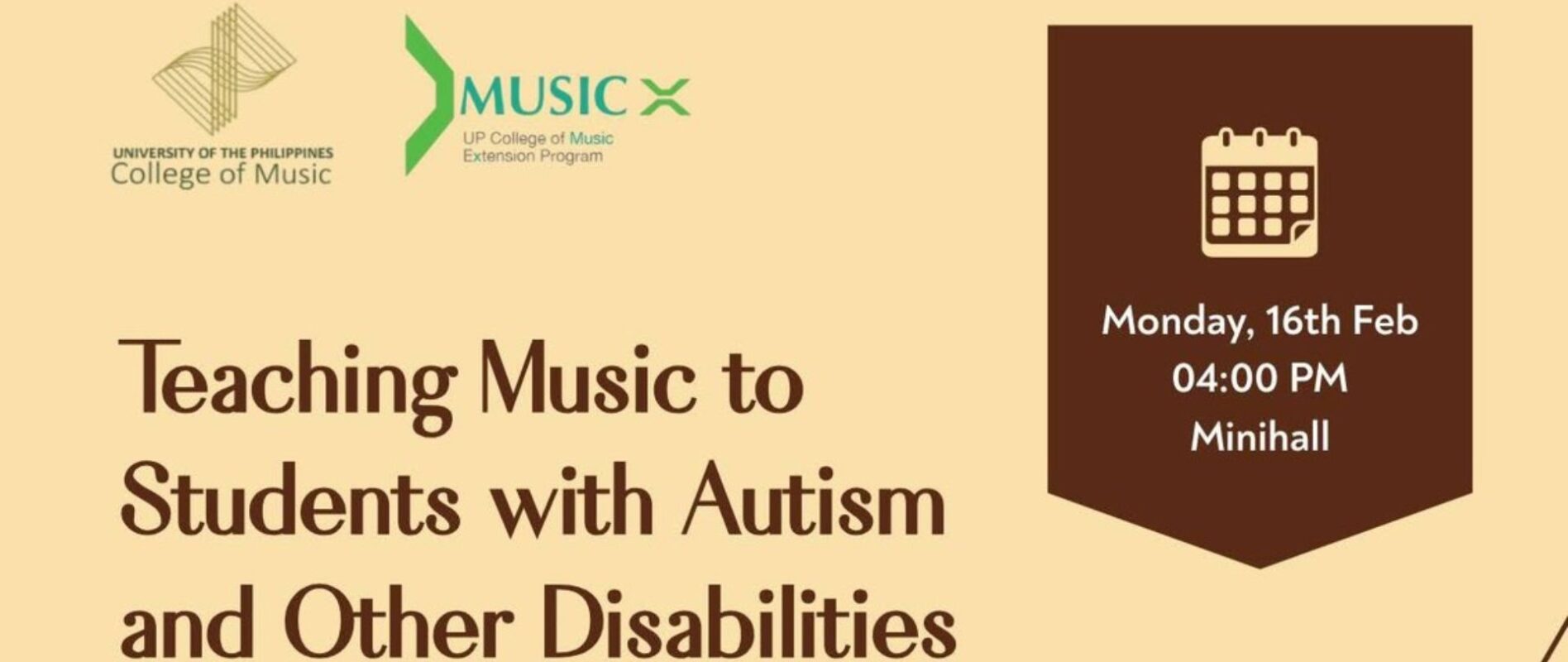HOUSE PANEL SCRUTINIZES CHED’S BUDGETARY PERFORMANCE
AS BUDGET season nears, the Committee on Appropriations at the House of Representatives has started to discuss the budgetary performance of the Commission on Higher Education.
Committee Vice Chairperson and Marikina City 2nd District Representative Stella Luz Quimbo said they aim to scrutinize financial accountability reports and reports of operations for fiscal year 2022 and as of March 2023; budget utilization vis-a-vis targets/performance as of the budget year 2022 and 2023; status of implementation of the Universal Access to Quality Tertiary Education and Student Financial Assistance Programs for FY 2022 and 1st quarter of FY 2023.
Lawmakers will also look at the status of utilization of the Higher Education Development Fund for FY 2022 and 1st quarter of FY 2023.
Northern Samar Rep. Paul Ruiz Daza asked CHED to immediately address the claims of private schools for Tertiary Education Support.
TES is a grant-in-aid program under Republic Act 10931 or the Universal Access to Quality Tertiary Education law given to qualified students enrolled in CHED-recognized public and private higher education institutions to support at least the partial cost of tertiary education, inclusive of education-related expenses.
“Considering all the issues we raised with you, do you CHED have an estimate on the shortage, at least on the TES, the living allowance for poor students. Do you have an estimate how much you need moving forward 2024 and how do we resolve issues on the private colleges? You need to figure that out,” Daza said.
CHED Chairman Prospero De Vera III said that the commission did not have TES funds in 2021 and 2022.
“In 2022, the reimbursements for tuition and miscellaneous fees were given directly to State Universities and Colleges,” De Vera said.
The significant increase in public universities also led to cutbacks in the TES budget.
“For 2023, we are estimating that we will have 200,000 slots for new TES,” De Vera said.

